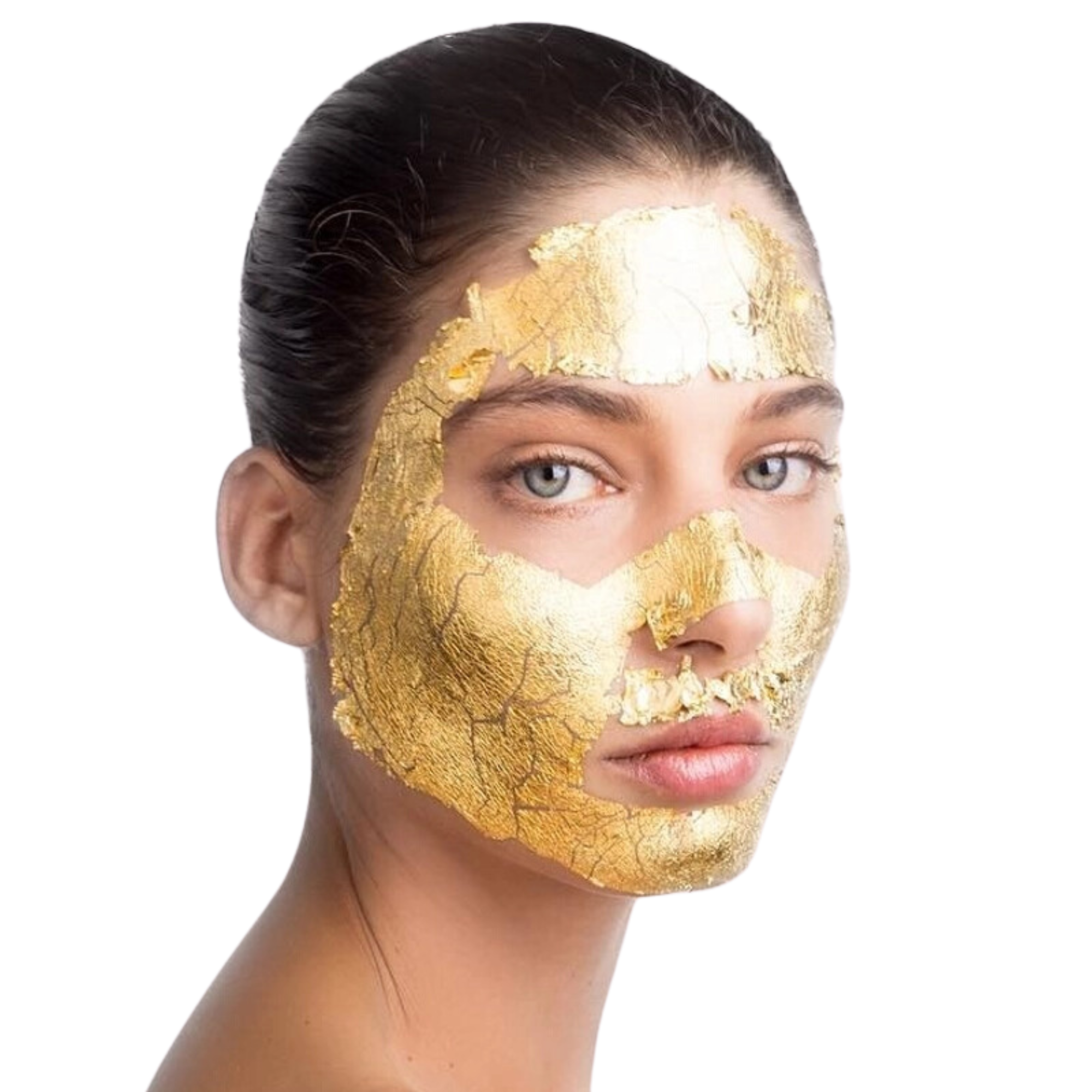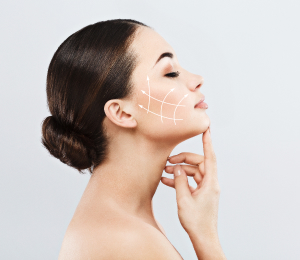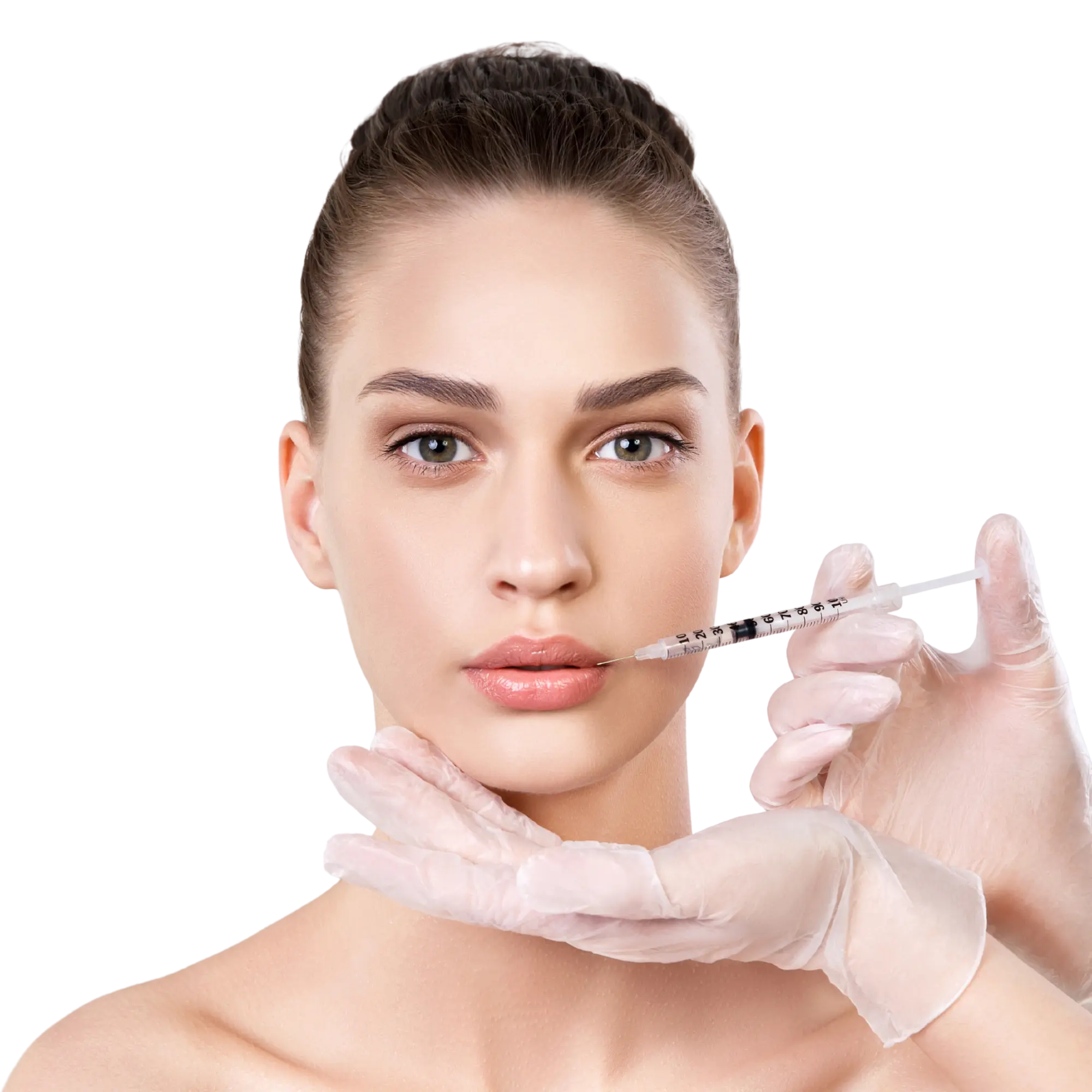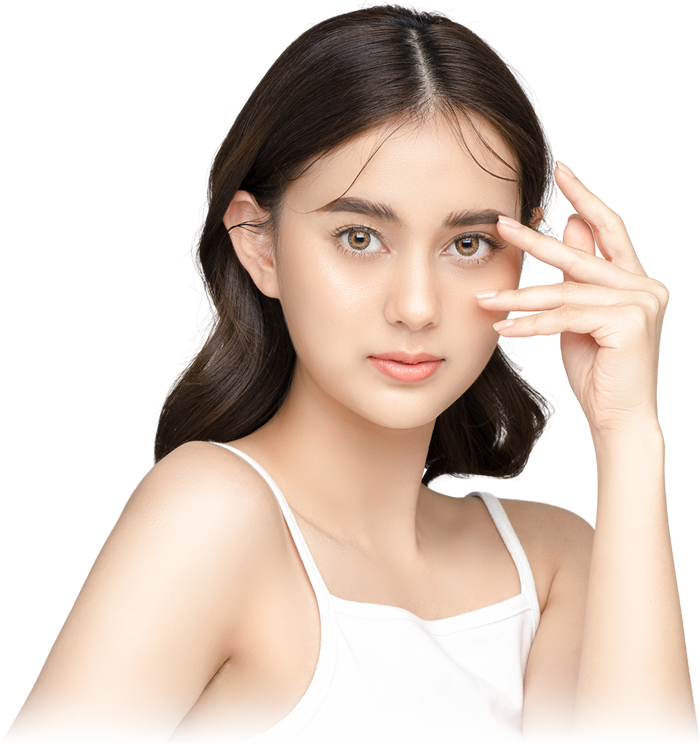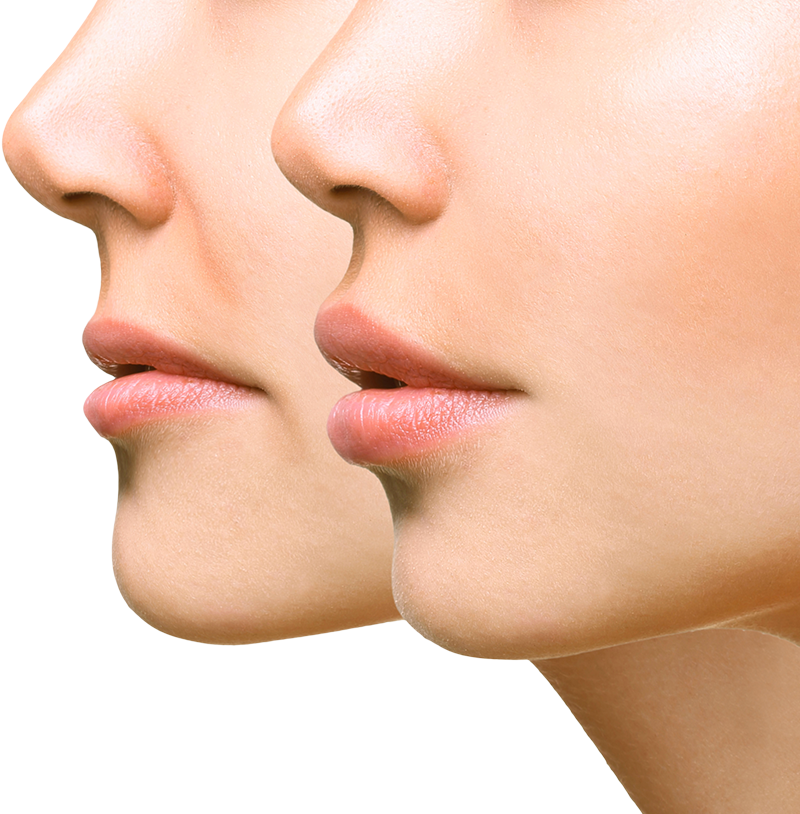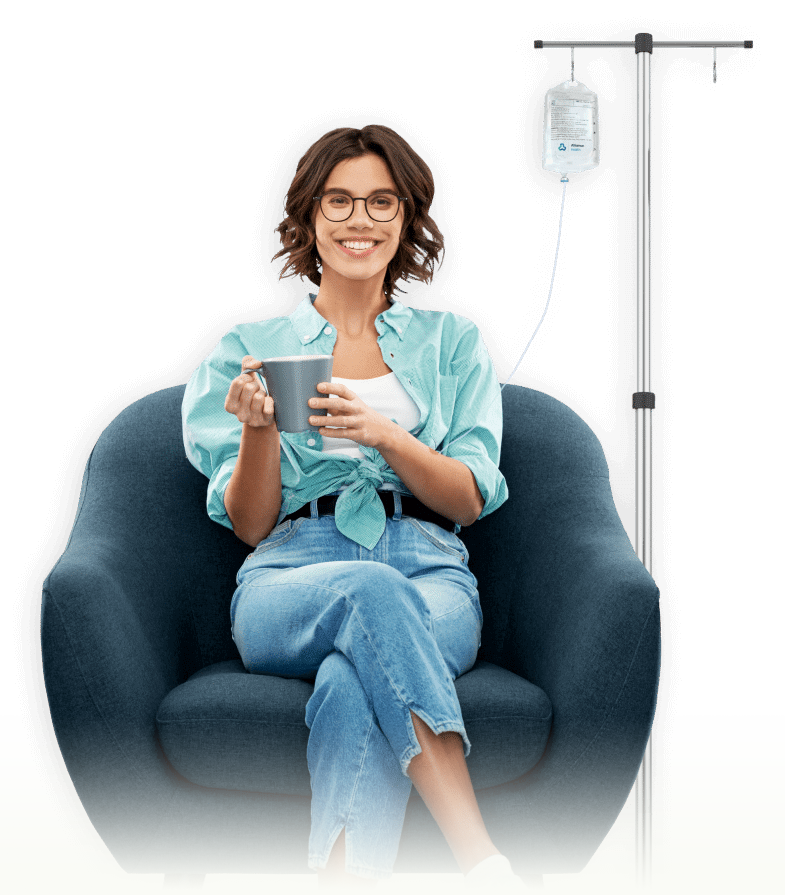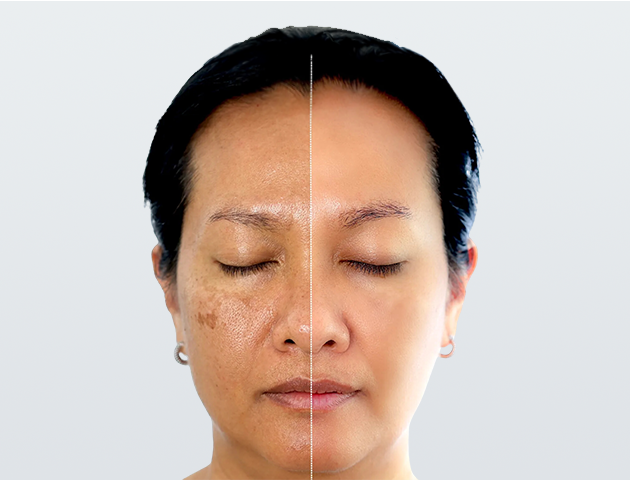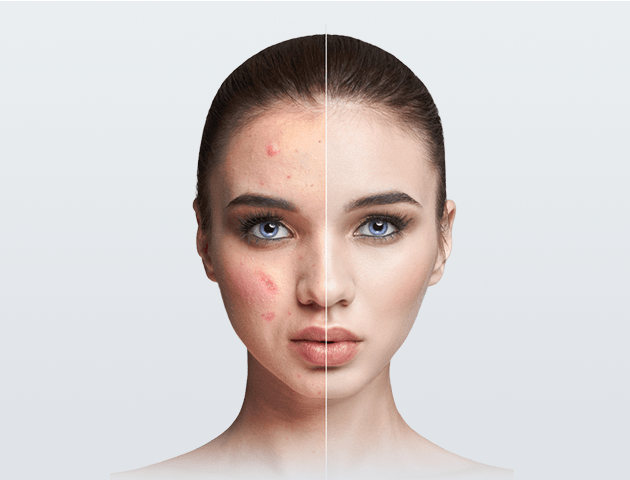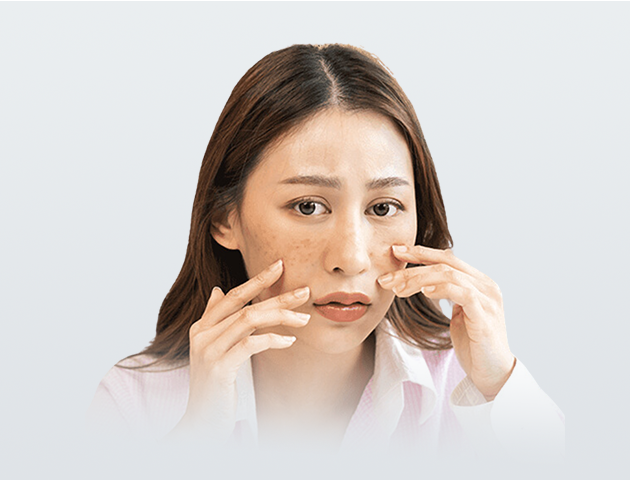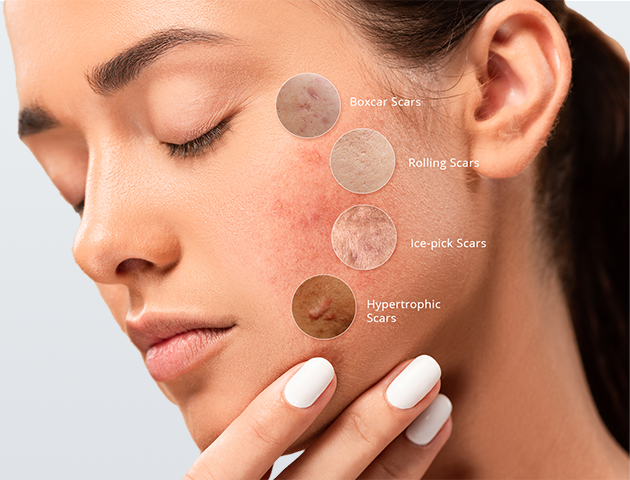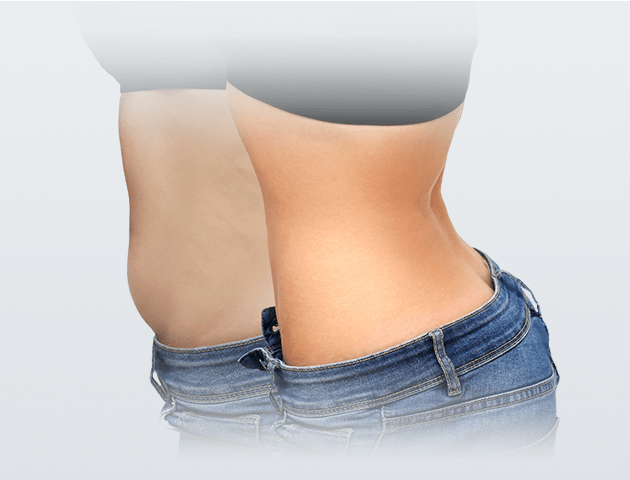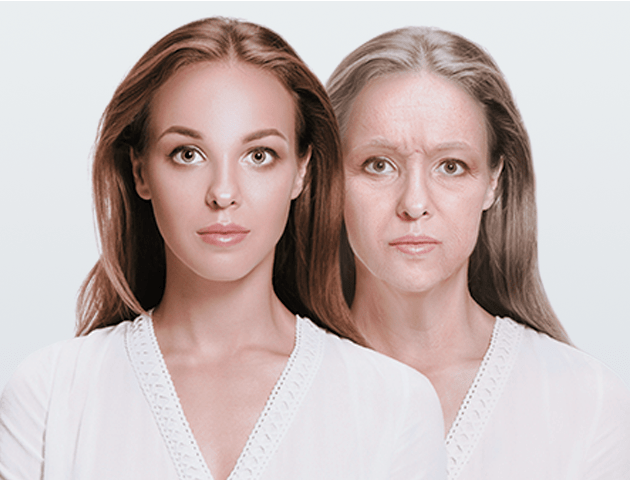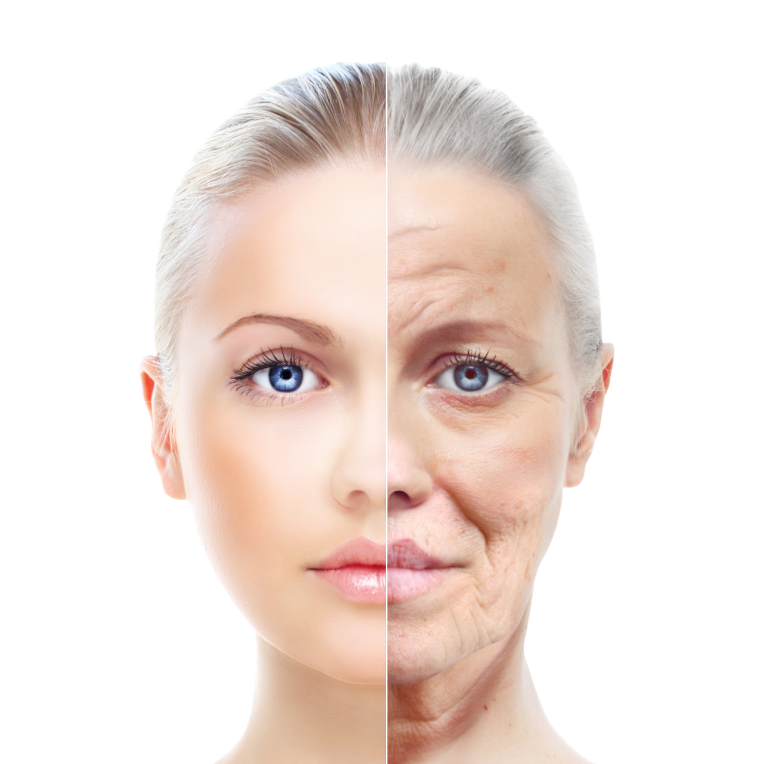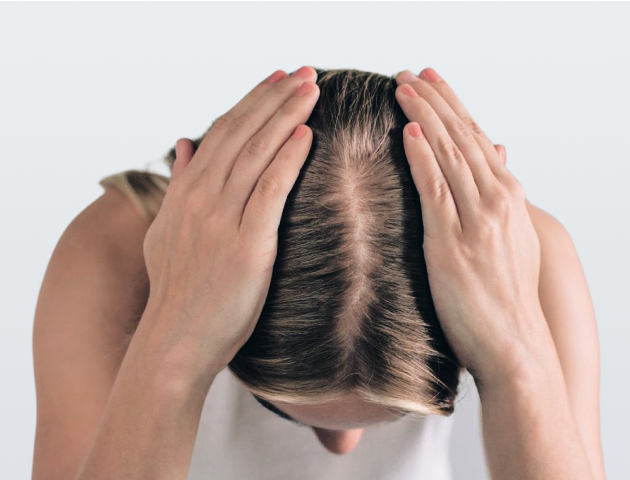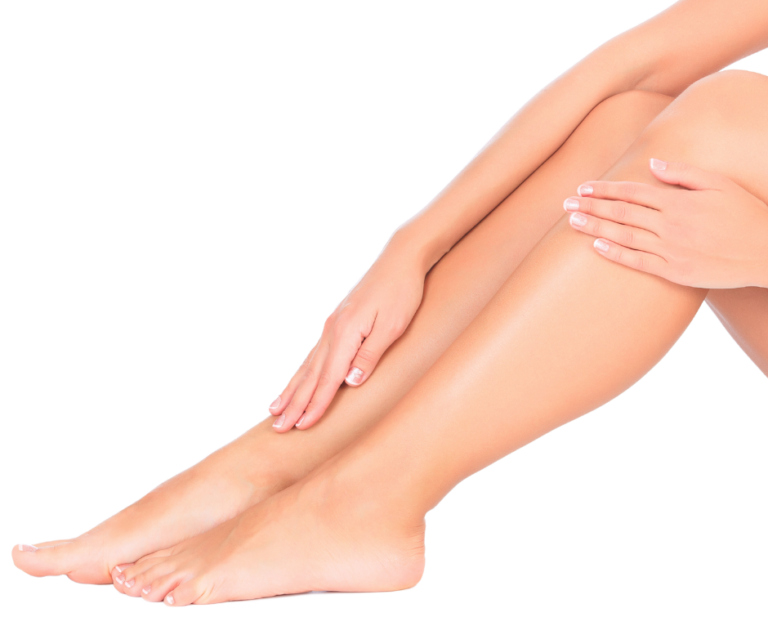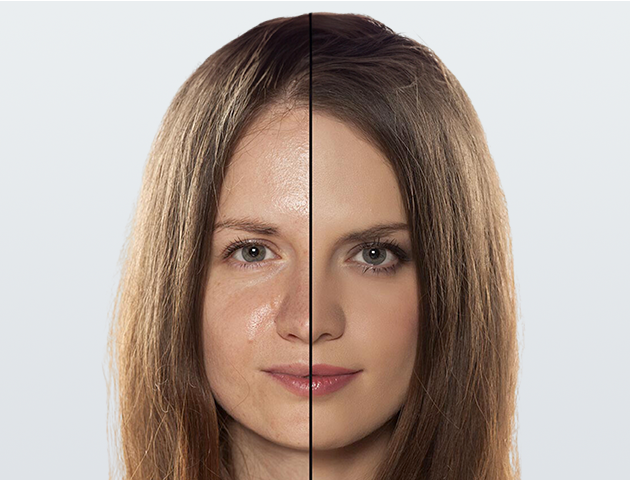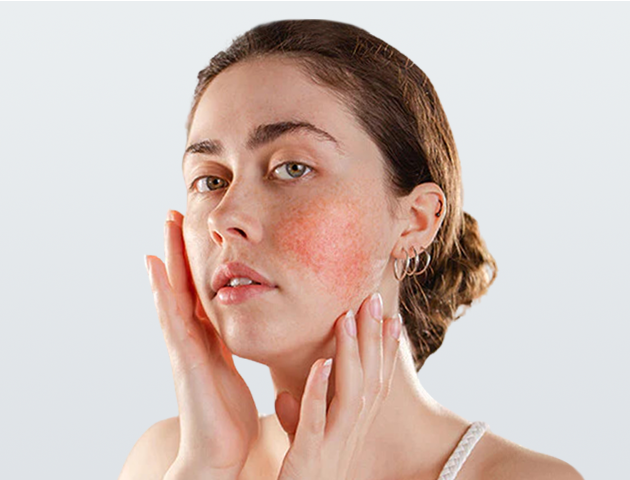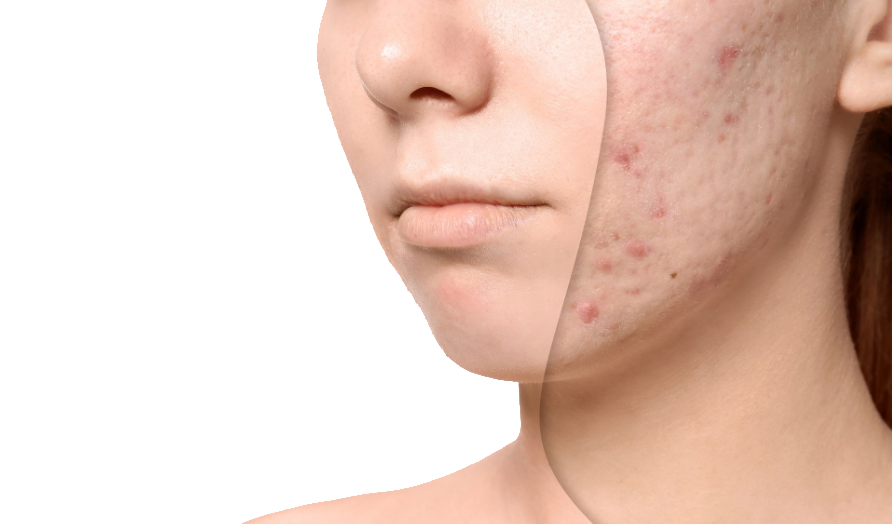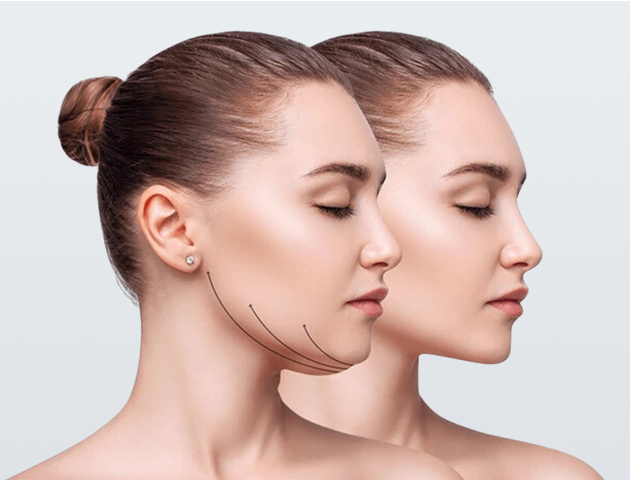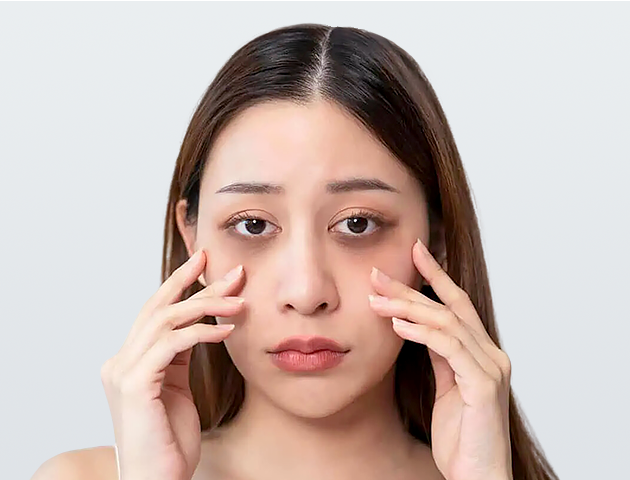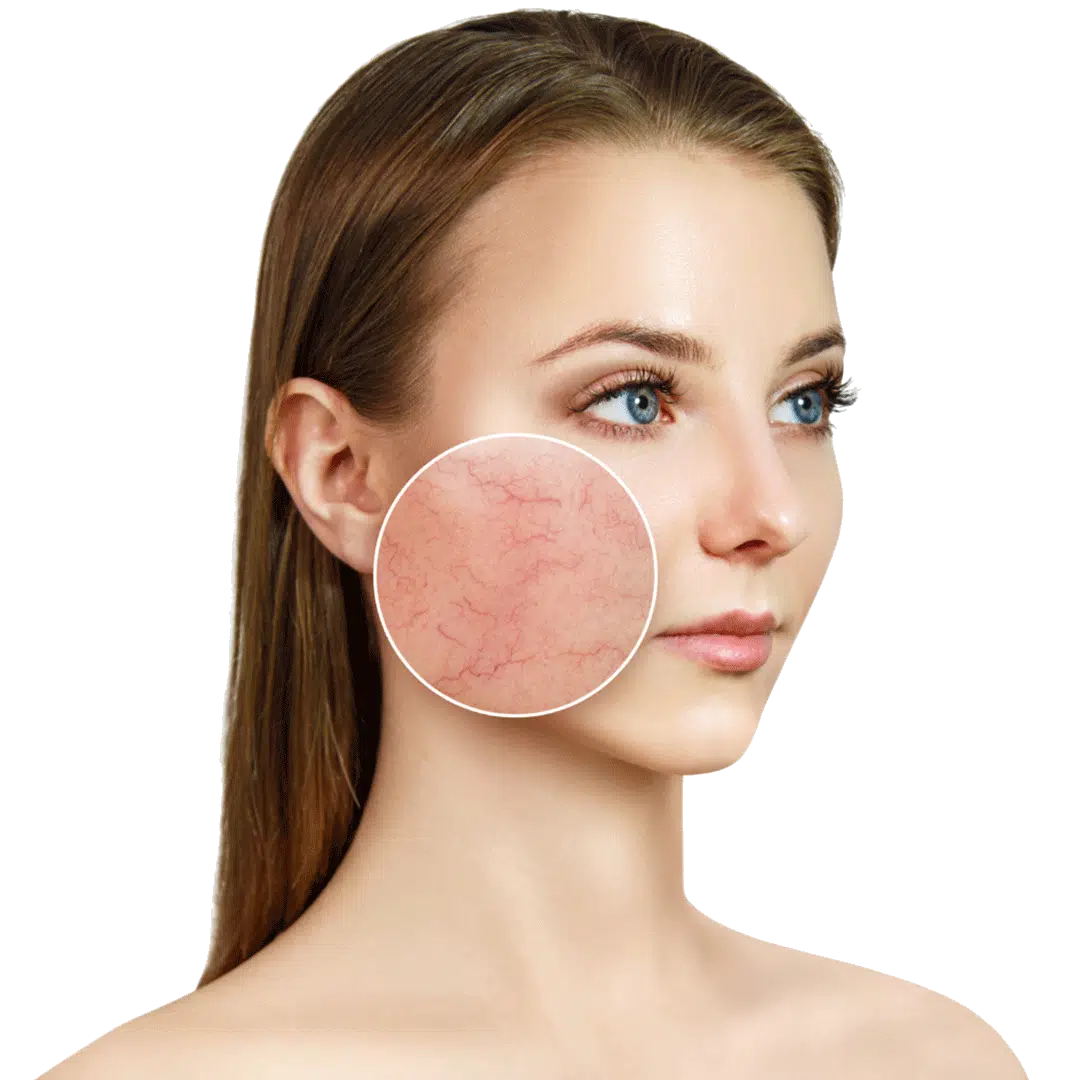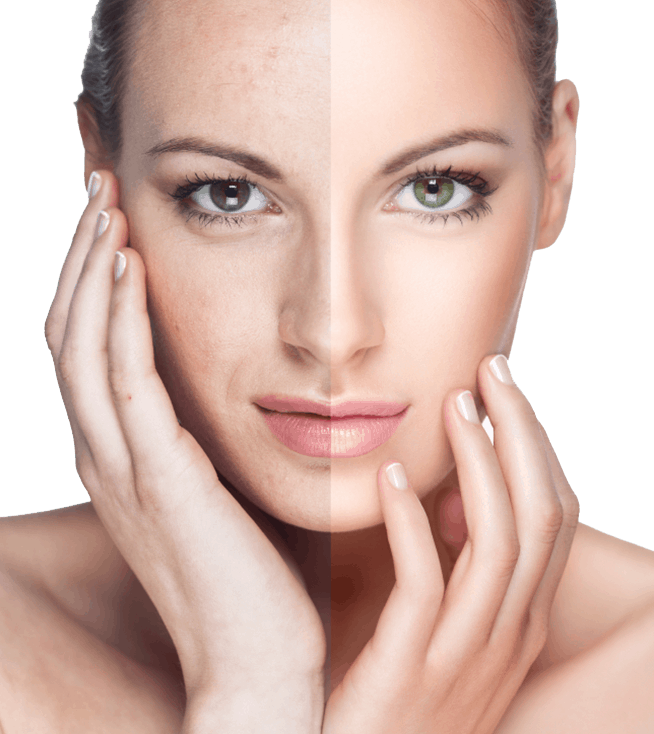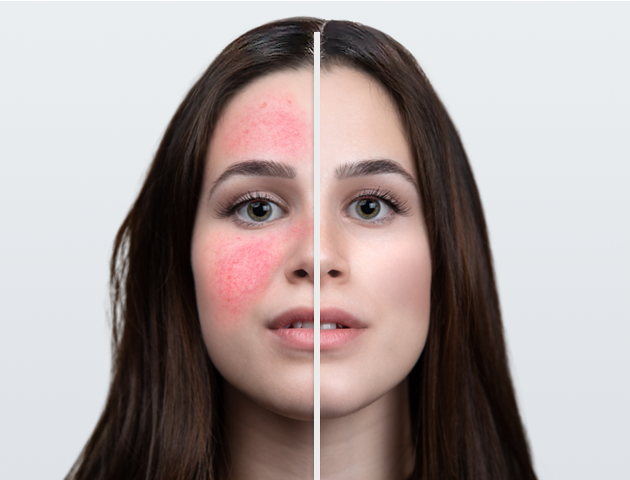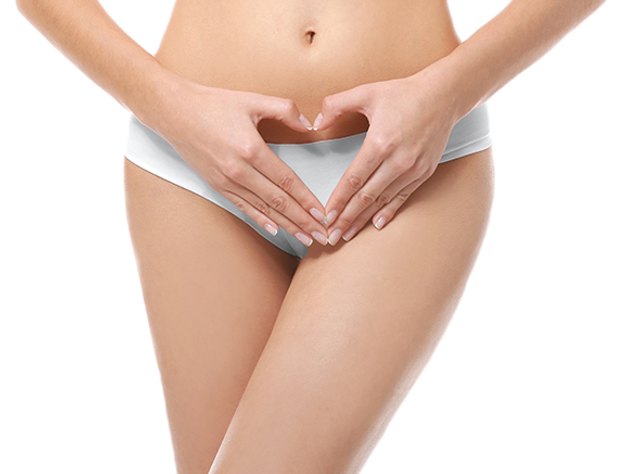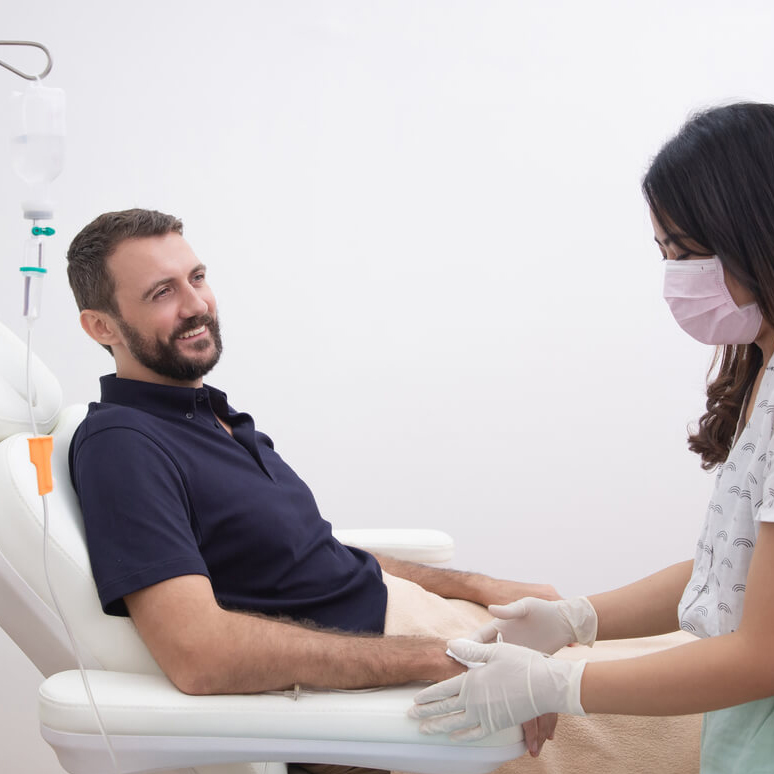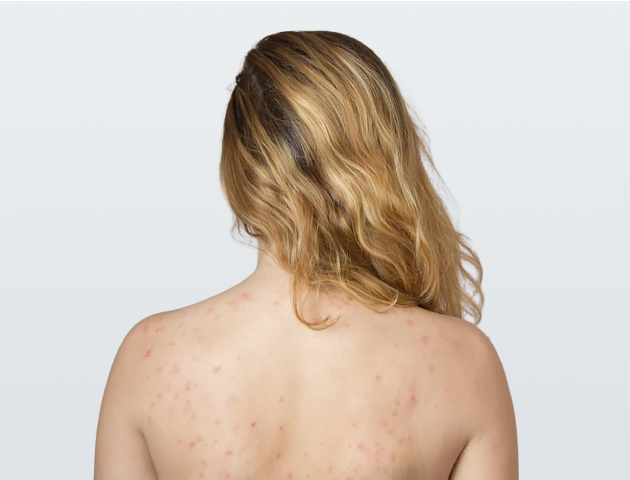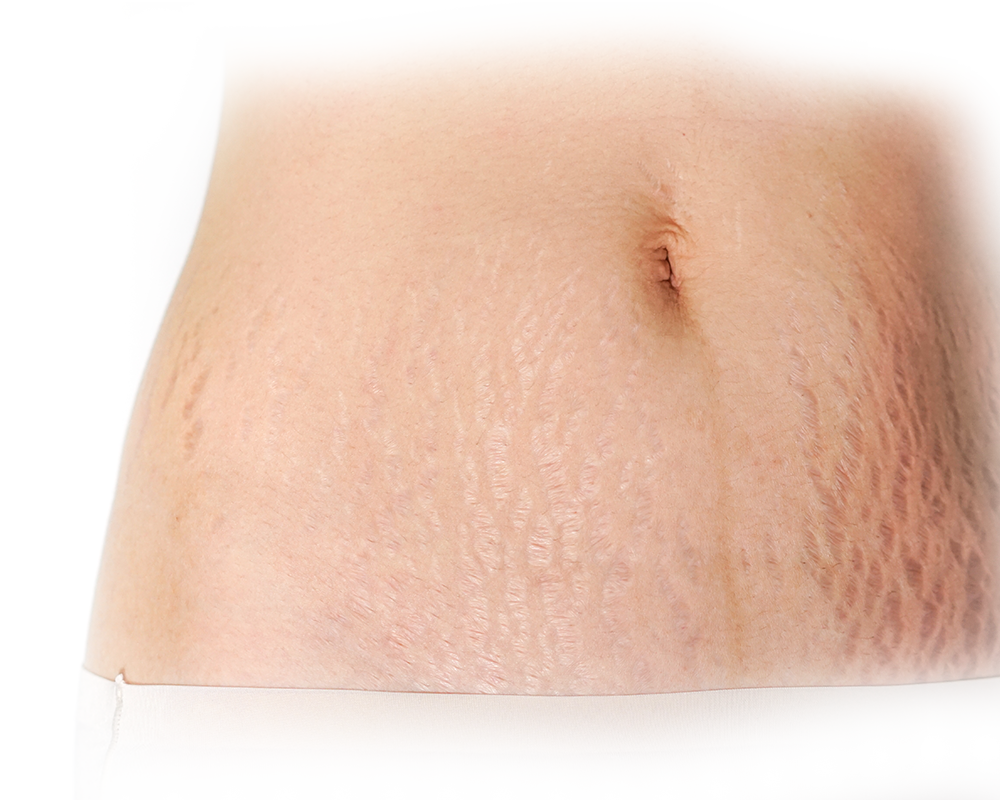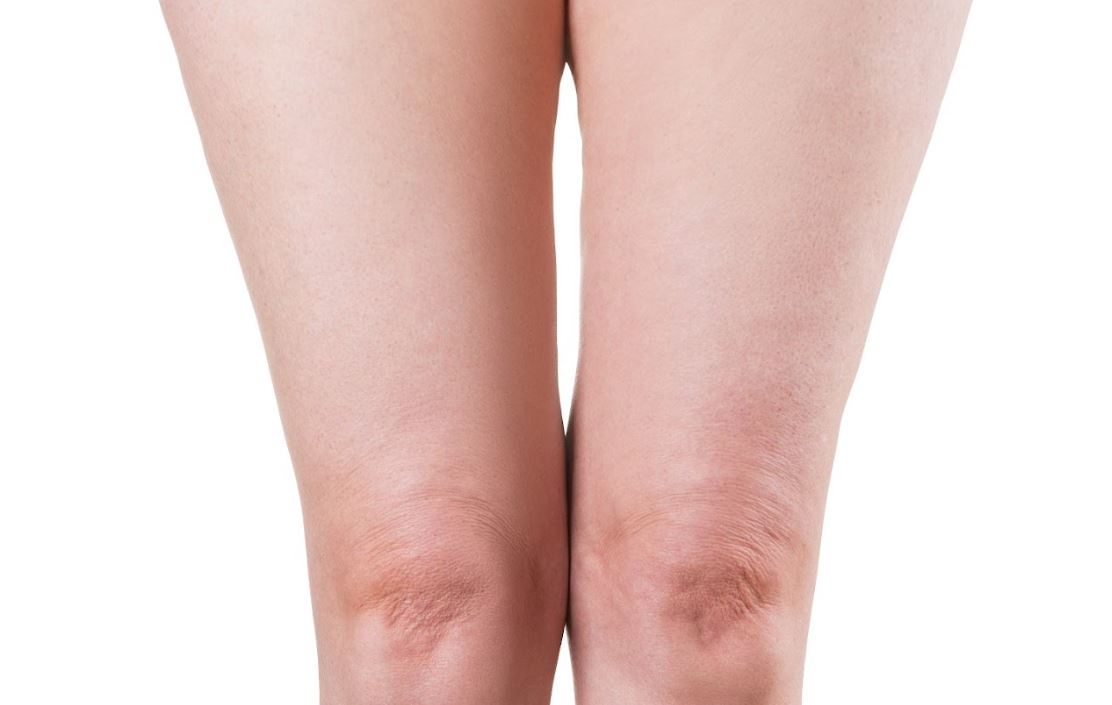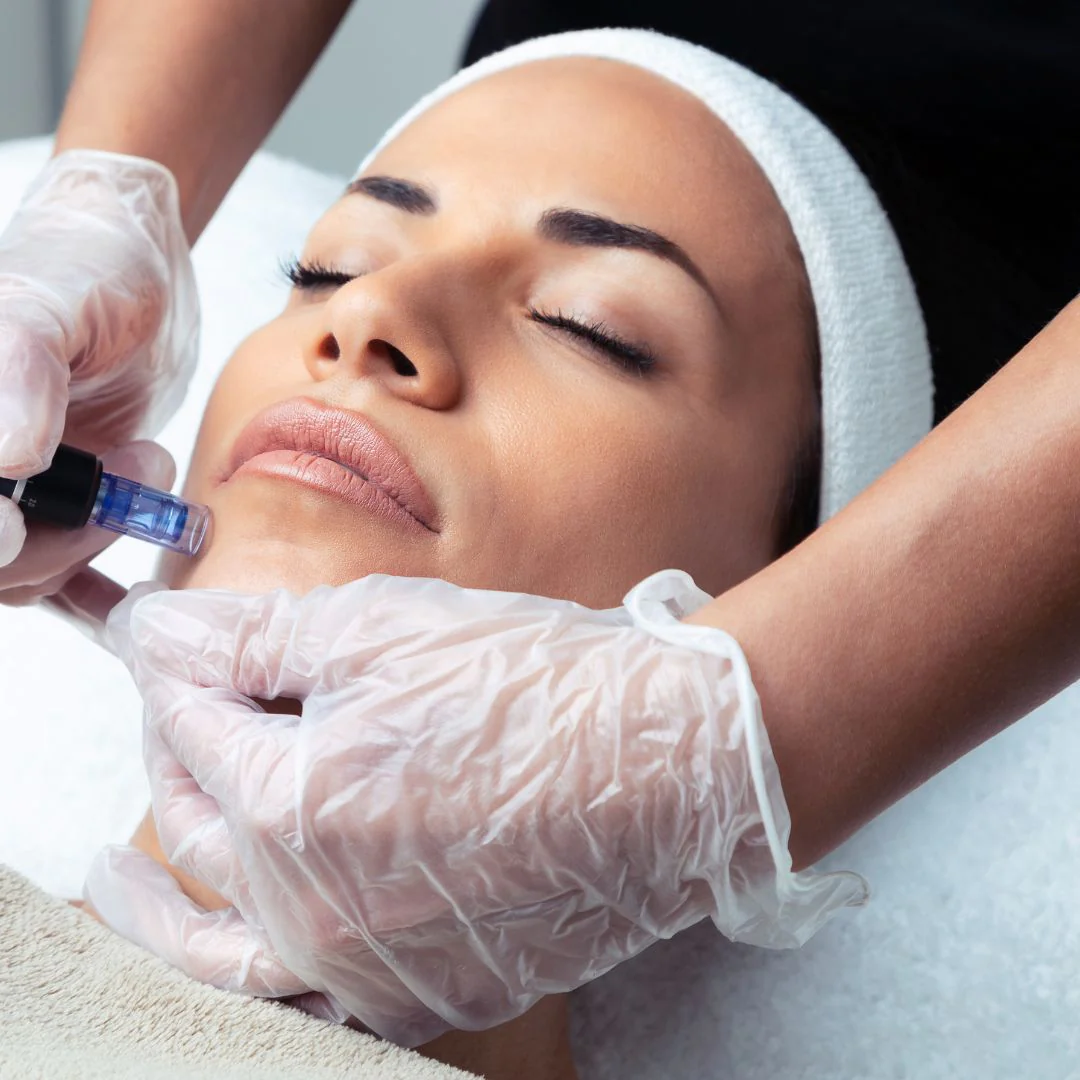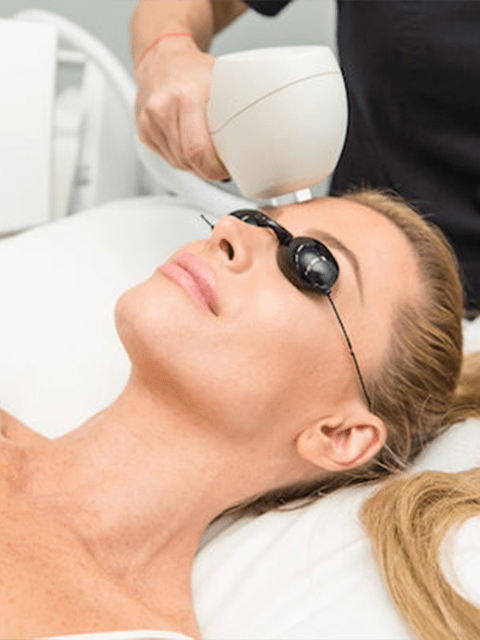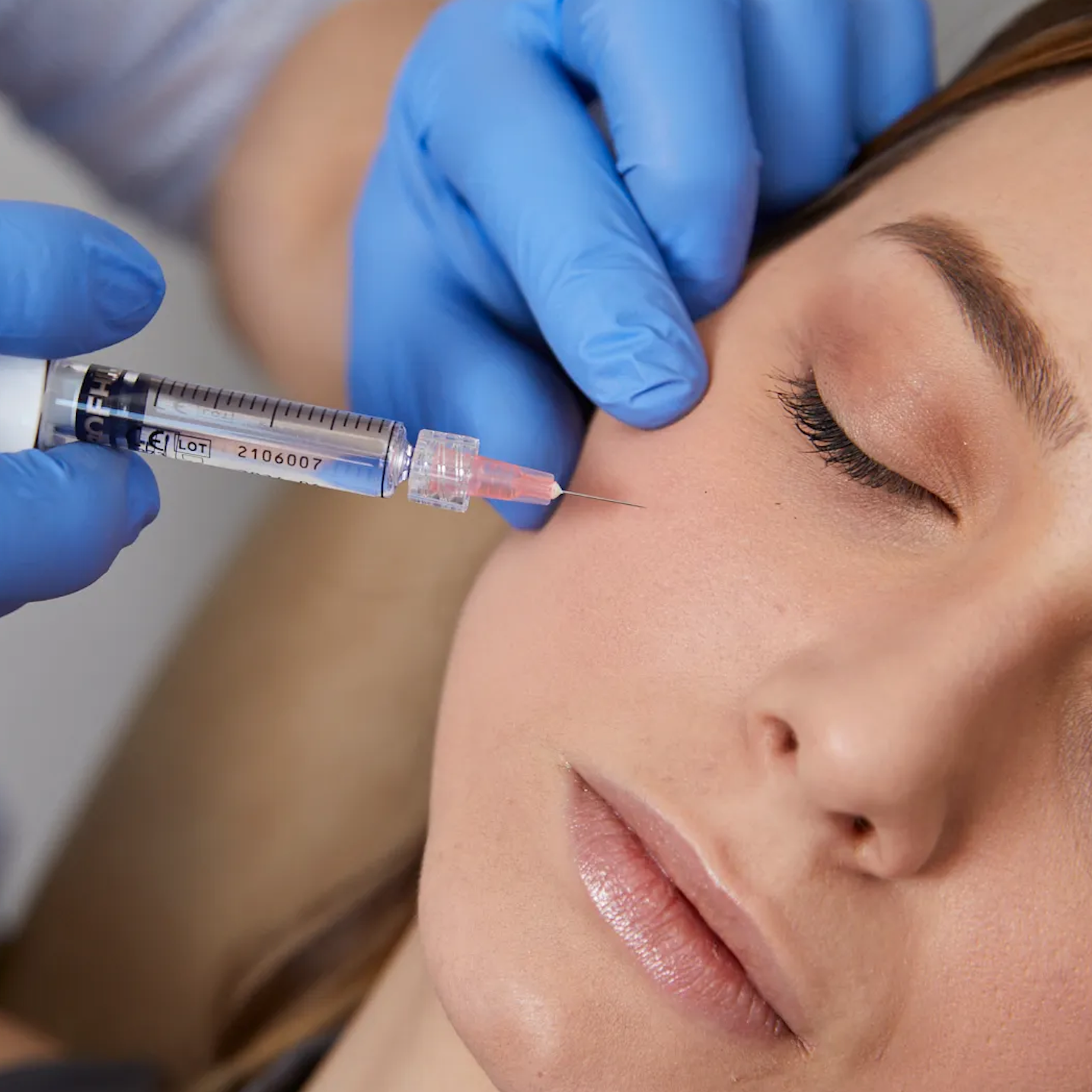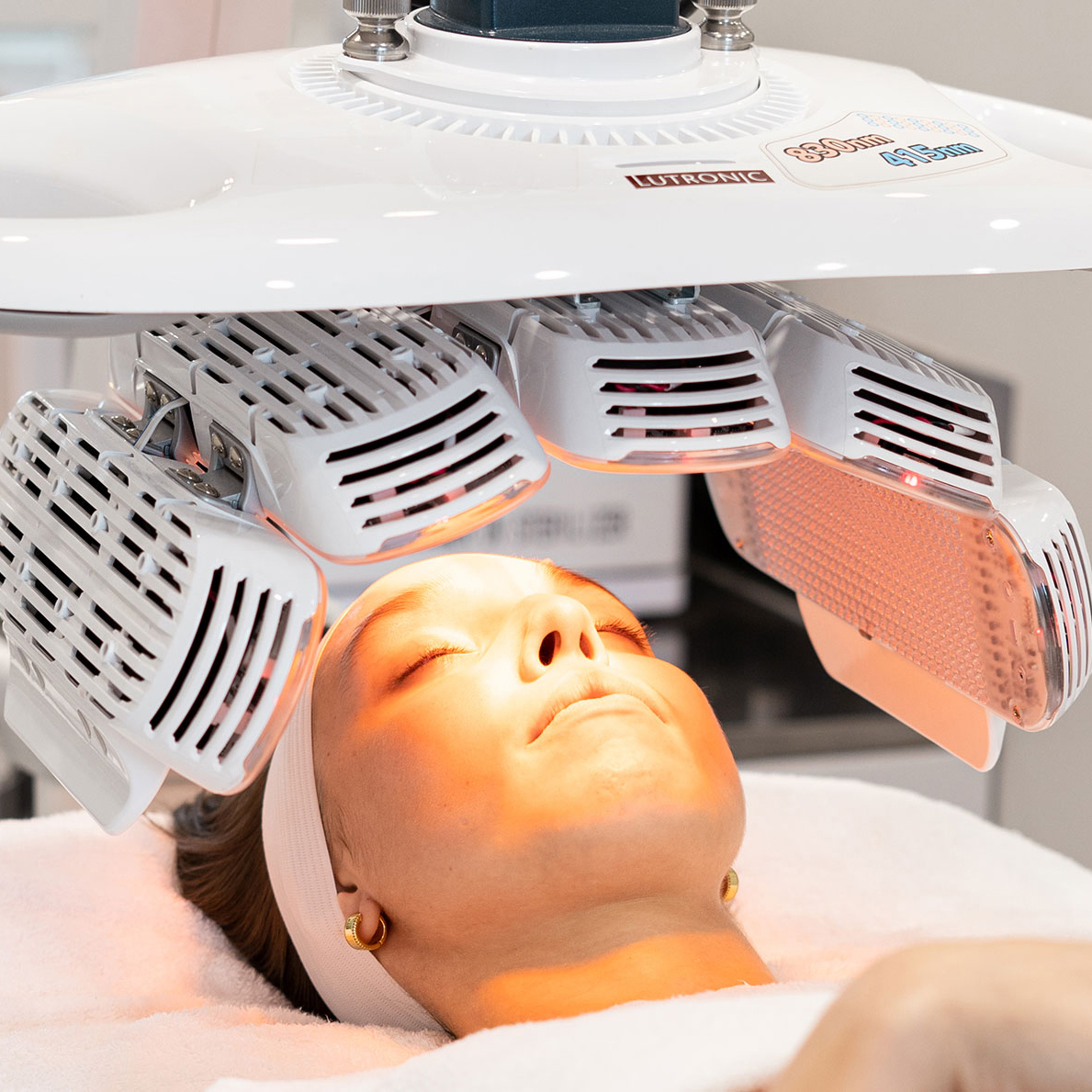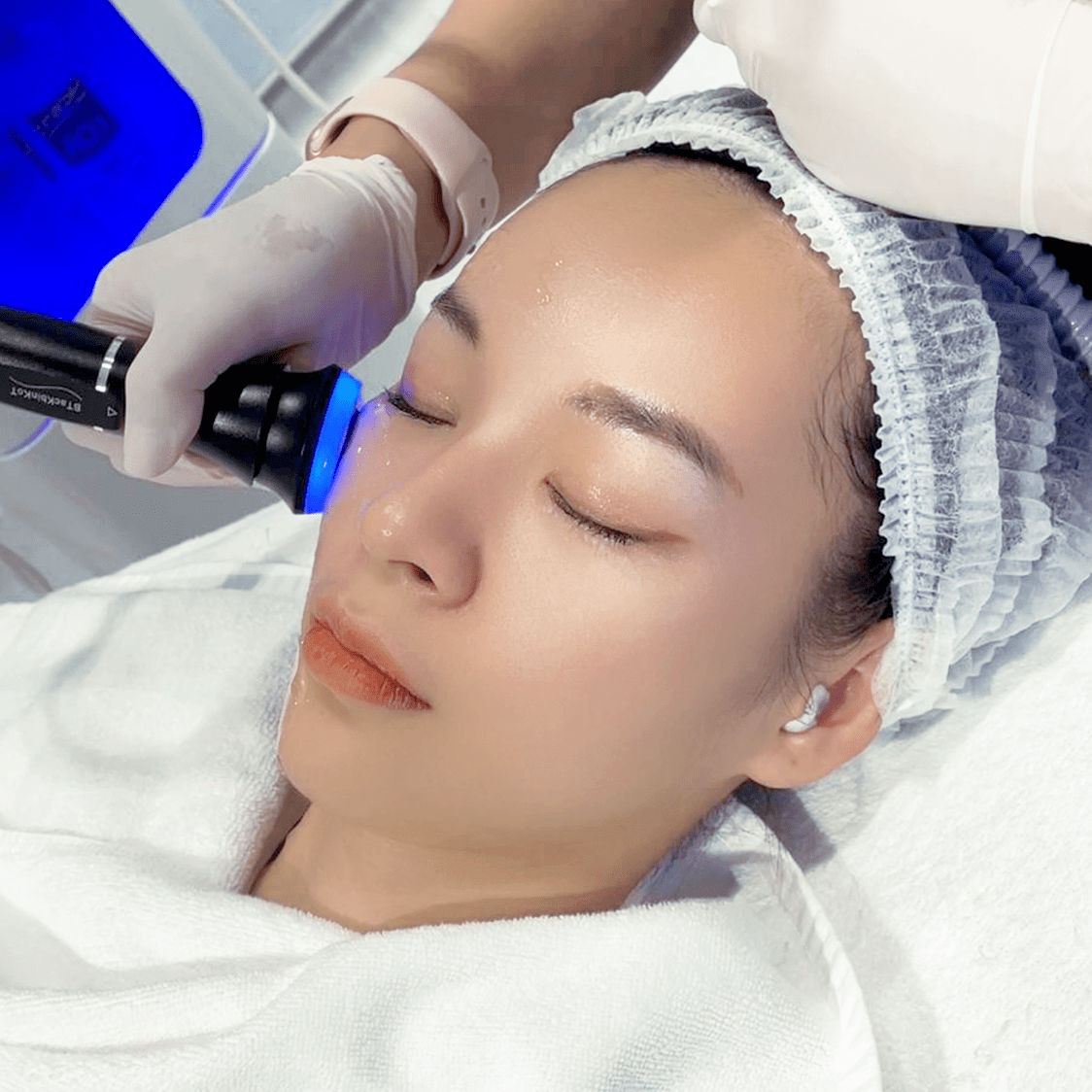Rosacea & Redness
Rosacea is a chronic skin condition that primarily affects the face, causing redness and visible blood vessels. It often starts with episodes of flushing or blushing and can progress to persistent redness, particularly in the central areas of the face such as the forehead, nose, cheeks, and chin. In conclusion, Rosacea is a combination of genetic, environmental, vascular and inflammartory factors.

RECOMMENDED TREATMENTS
Exosome For Face
EXOSOME ASCE - the key to youthful, vibrant, and healthy skin, making a noticeable difference from the very first use.
Photo Facial
Photofacial is a “quick-fix” procedure requiring virtually no downtime to rejuvenate the skin and restore a youthful glow. It stimulates new collagen to form in the skin thereby reducing fine lines, minimizing pore size and acne scars, and increasing skin elasticity. Intense pulsed light also diminishes flushing or redness of the face associated with Rosacea, reduces brown spots, erases broken capillaries, and smoothens rough textured skin.
Profhilo
One of the highest concentrations of hyaluronic acid on the market, Profhilo is one of the most innovative and advanced treatments available today. Profhilo treatment is available now at Glo365 Clinic.
Red Carpet
A revolutionary medical breakthrough for gentle skin renewal. This refers to the interaction of these special lights delivered through Light Emitting Diodes (LEDs) with skin cells. This light works by activating new collagen formation while lessening the breakdown of existing collagen in the skin.
Glass Skin
Designed to meet the highest standards of skincare, Glass Skin represents a harmonious blend of science and innovation, sculpting the beauty of the skin into more than just a radiant and smooth. It is a dynamic piece of art that transforms the skin, not only making it luminous and silky but also creating a living, radiant in its own perfection.
Managing rosacea involves a combination of lifestyle adjustments, skincare practices, and, in some cases, medical treatments. It’s important to note that the effectiveness of treatments can vary among individuals, and a healthcare professional, preferably a dermatologist, should guide the treatment plan. Here’s a comprehensive overview of the symptoms and treatment options for rosacea:
Symptoms of Rosacea:
Flushing and Persistent Redness:
- Symptom: Frequent episodes of facial flushing and persistent redness, particularly on the central face
- Management: Identify and avoid triggers such as hot beverages, spicy foods, alcohol, and extreme temperatures.
Visible Blood Vessels (Telangiectasia):
- Symptom: Small blood vessels near the skin’s surface become visible.
- Management: Laser therapy, such as intense pulsed light (IPL), can help reduce visible blood vessels.
Papules and Pustules:
- Symptom: Inflammatory bumps resembling acne, including papules and pustules.
- Management: Topical or oral antibiotics, anti-inflammatory creams, or other prescription medications can be prescribed by a dermatologist.
Eye Irritation (Ocular Rosacea):
- Symptom: Dryness, burning, stinging, redness, and other eye symptoms.
- Management: Artificial tears, warm compresses, and prescription medications may be recommended by an eye doctor.
General Treatment Strategies:
Skincare Routine:
- Gentle Cleansing: Use a mild, non-abrasive cleanser to wash the face, avoiding harsh scrubbing.
- Sun Protection: Apply a broad-spectrum sunscreen with SPF 30 or higher daily to protect the skin from sun exposure.
Lifestyle Modifications:
- Identify Triggers: Keep a diary to identify and avoid triggers that worsen symptoms.
- Gentle Skincare: Choose hypoallergenic and fragrance-free skincare products.
- Counseling and Emotional Support: Rosacea can impact emotional well-being. Counseling and support groups may help individuals cope with the psychological aspects of the condition.
Please Always consult with a healthcare professional for an accurate diagnosis and personalized treatment plan. Individual responses to treatments can vary, and ongoing communication with your healthcare provider is crucial for monitoring progress and adjusting the treatment approach as needed.

